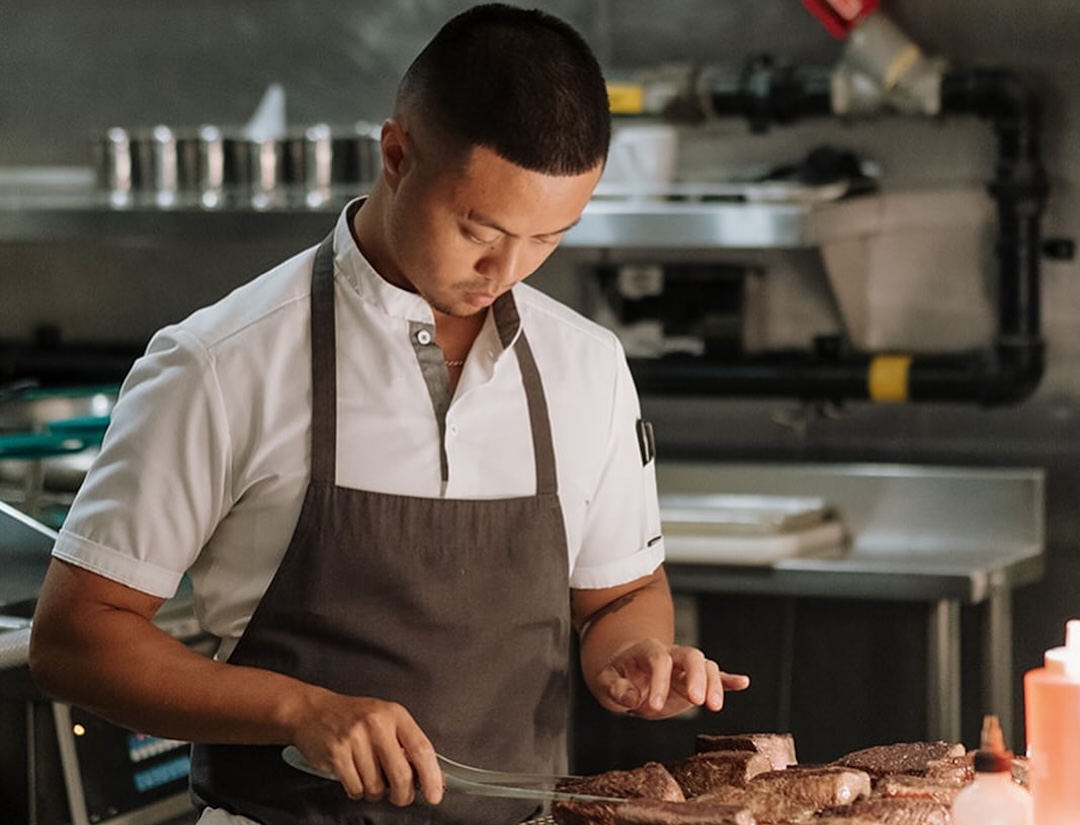Respiratory virus season is happening now, making it the perfect time to think about getting your COVID and flu vaccines. It takes time and effort to get vaccinated, and it only makes sense to want to do what you can to make the impact of your shot last as long as possible.
Every person’s immune system is different, and how your body reacts to any vaccine is unique. However, there is some research to suggest that a common lifestyle habit could interfere with how effective your vaccine ultimately is at protecting you from future illness.
While leaning into this daily habit is unlikely to completely make or break your vaccination experience, infectious disease experts say it’s worth considering if you want to really maximize your illness-prevention efforts. Here’s what they want you to know.
🩺SIGN UP for Parade’s health newsletter with expert-approved tips, healthy eats, exercises, news & more to help you stay healthy & feel your best self💊
The Daily Habit That Can Make Your Vaccine Less Effective
Being sleep-deprived may make your vaccine less effective. One meta-analysis of 504 people published in the journal Current Biology found that people who reported getting less than six hours of sleep a night around their vaccine had a “robust” drop in their body’s production of antibodies—proteins that recognize and fight the viruses the vaccines target—compared to people who said they got more rest. Meaning, their immune system didn’t respond as well as it should after getting vaccinated.
Another analysis of eight studies focused on vaccines, sleep and immune response found that getting good sleep can enhance a person’s immune response after vaccination.
Unfortunately, many Americans are sleep-deprived. Gallup research suggests that more than half of American adults say they don’t get enough sleep.
Related: ‘What Do I Have—Is It a Cold, or the Flu?’
“If you’re sleep-deprived, it can adversely affect your immune system,” says Dr. Thomas Russo, MD, professor and chief of infectious disease at the University at Buffalo in New York. “But it’s hard to say that if you have a bad night’s sleep, a vaccine won’t work at all.”
Dr. William Schaffner, MD, an infectious disease specialist and professor at the Vanderbilt University School of Medicine, agrees. “This needs to be studied further, but who can argue against getting a good night’s sleep?” he says. “If you’re really focused on naturopathic ways to enhance vaccines, get a good night’s sleep. Your immune system might function better.”
Related: Do You Have the Flu? Here’s Everything You Need To Know About Navigating Symptoms and Treatment
How Sleep Impacts Your Vaccine’s Effectiveness
There are a few elements that can influence your vaccine’s effectiveness when you’re experiencing sleep deprivation. First, lack of sleep increases inflammation in the body. While some inflammation is a normal immune response, chronic inflammation can dampen your immune system and raise the risk of health complications like cardiovascular conditions.
Research also finds that you’re more susceptible to getting sick—a sign your immune system isn’t working as efficiently as it should—when you’re sleep deprived. An older but often-cited study published in 2015 found that people who consistently get less than six hours of sleep a night are more likely to catch a cold compared to those who get seven or more hours of rest.
Related: I Took Magnesium Before Bed for 6 Months and It Completely Transformed My Sleep
How To Get Better Sleep
If you’re concerned that your sleep isn’t as good as it should be, there are a few things you can do. The Centers for Disease Control and Prevention (CDC) recommends trying these moves:
- Go to bed and get up at the same time every day
- Keep your bedroom quiet, relaxing, and at a cool temperature
- Turn off electronic devices at least 30 minutes before bedtime
- Avoid large meals and alcohol before bed
- Avoid caffeine in the afternoon or evening
- Exercise regularly and maintain a healthy diet
If you happen to get a bad night’s sleep or two leading up to your vaccine, Dr. Russo explains you should still get the shot. “Don’t let a bad night’s sleep prevent you from getting that vaccine,” he says. “Vaccines save lives.”
Up Next:
Related: Want To Strengthen Your Immune System Naturally? Buy This One Food Every Week
Sources:
- Dr. Thomas Russo, M.D., professor and chief of infectious diseases at the University at Buffalo in New York
- Dr. William Schaffner, M.D. an infectious disease specialist and professor at the Vanderbilt University School of Medicine
- Spiegel K, Rey AE, et al. A meta-analysis of the associations between insufficient sleep duration and antibody response to vaccination. Current Biology. March 2023. DOI: 10.1016/j.cub.2023.02.017
- Rayatdoost E, et al. Sufficient Sleep, Time of Vaccination, and Vaccine Efficacy: A Systematic Review of the Current Evidence and a Proposal for COVID-19 Vaccination. Yale J Biol Med. June 2022.
- Americans Sleeping Less, More Stressed, Gallup
- Thompson K, et al. Acute sleep deprivation disrupts emotion, cognition, inflammation, and cortisol in young healthy adults. Frontiers in Behavioral Neuroscience. September 2022.DOI:10.3389/fnbeh.2022.945661
- Chavda VP, Feehan J, Apostolopoulos V. Inflammation: The Cause of All Diseases. Cells. 2024. DOI: 10.3390/cells13221906
- Prather AA, et al. Behaviorally Assessed Sleep and Susceptibility to the Common Cold. Sleep. September 2015. DOI: 10.5665/sleep.4968
- About Sleep, Centers for Disease Control and Prevention













![22nd Sep: The Ice Road (2021), 1hr 49m [PG-13] – Streaming Again (5.8/10)](https://occ-0-2706-2705.1.nflxso.net/dnm/api/v6/Qs00mKCpRvrkl3HZAN5KwEL1kpE/AAAABawIZmQFZiZTgCjm1q8ybfvjaQta3f6afrokF0qR2Ix2LeoZ2dYSwuJ9Zmql3Ik4i95n6nkq8DlUjueTREImkGeOxp73jZd7z4Po.jpg?r=0bc)

